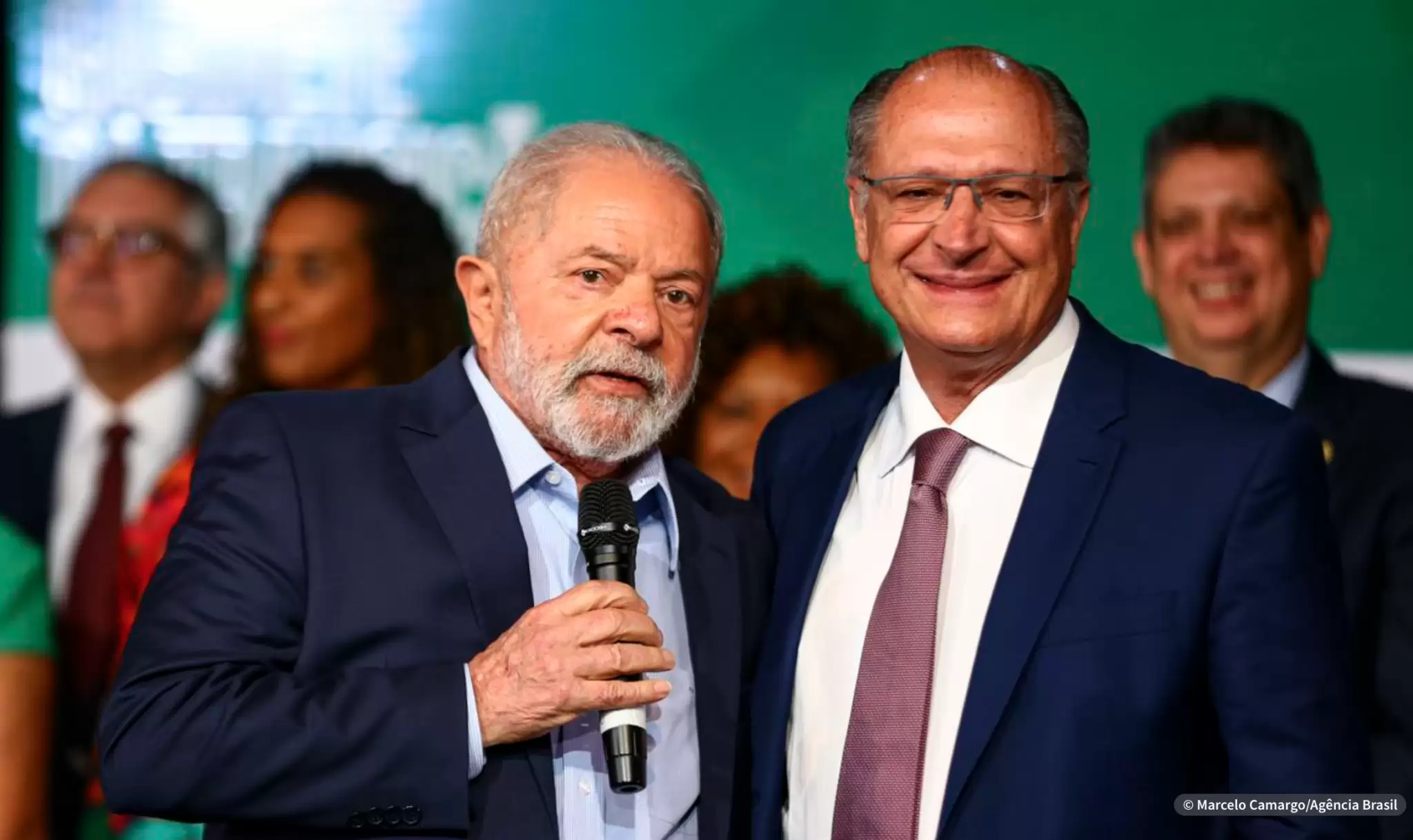Lula’s new government – the third for him and the fifth of the Workers’ Party – has begun its honeymoon with voters by announcing the reactivation of state policies that had been neglected or sabotaged by the previous government. In addition, the public budget has already begun to be put in order, after the feast of benefits granted by Bolsonaro to try to win the elections. This should guarantee Lula a smooth start to his government due to a lack of resources in Brazil.
But despite Lula’s promises not to increase personnel expenses or lose sight of the programmatic focus, the large number of ministries distributed among his broad base of parliamentary support, now transformed into a “broad front”, smells of mothballs.
For example, the strategic area of Science and Technology was entrusted to a leader of the Communist Party of Brazil (PCdoB) who has no background in the field. The same can be said of the areas of Communications and Tourism, which were assigned to the Union Brazil Party; the areas of Mines and Energy; and Fisheries, to the Social Democratic Party (PSD); Cities, to the Brazilian Democratic Movement (MDB) and the areas of Agrarian Development and Management to members of the Workers’ Party (PT). In all these cases, those elected seem to lack the necessary experience to face effectively, from the beginning, the respective demands of their portfolios in a Government that speaks of “urgencies” and of not having “room for mistakes”.
This practice is not exclusive to the PT. It is a structural problem of Brazilian democracy, responsible, in large part, for its malfunctioning, since it empowers political factions, disguised as parties, with no commitment to the public good. The problem is that Brazilian Realpolitik insists on disregarding the effects of such pragmatism on the very legitimacy of the system, attributing the acute symptoms of its degeneration solely to the Bolsonarist follies and their prodigious disinformation machine.
To the blind self-confidence of Brazilian pragmatism and its art of accommodating interests is added the self-absorption of the left in its eternal game of instrumentalization of the “democratic struggle”. This feeling of infallibility seems to prevent us from being fully aware of the mistakes made since the re-democratization of the country. This can be seen in Lula’s disregard for the control of public spending, without taking into account that in Brazil the state is expensive, a prisoner of wasteful oligarchies – which offers low-quality services, such as basic education, health, and security – in the midst of institutionalized corruption.
In fact, much of the wage earners’ quality of life depends on access to quality public services and not so much on the consumer market, which has been so prominent in the thirteen years of PT governments.
On the other hand, it is not surprising that in his inauguration speech, Lula did not cover the issue of corruption, appointing to the National Integration portfolio a politician sentenced by the Supreme Court of Justice to six years in prison for embezzlement, according to the NGO Transparency International. The president also did not mention the efficiency of the government machine and public security, as if they were resolved issues that do not affect the poorest.
After the recent bolsonarist coup attempt, these issues may be even less discussed by experts and the media, in order to avoid criticizing the government after the strong attacks on democracy and its institutions. However, these issues will be inexorably present in the daily life of the population and no government will succeed if it does not confront them, which implies confronting the parasitic sectors that dominate the public machine.
In addition to Brazil’s structural problems, the new government will face economic stagnation worsened by the global economic crisis. And here we enter the most delicate question for the survival of our democracy: how long will we be able to refinance our social debt through public debt, without taking effective measures for the sustainability of economic and social development?
Judging by the speeches of Lula and Vice President Geraldo Alckmin, this problem is no longer an anachronistic issue for Brazilian elites. However, the effectiveness of confronting it is hampered by the objective issue of public budgeting and planning, and by the way, the political system implements them.
Returning to the path of development presents us with the double challenge of distributive pressure and the growth of the state, in the face of multiple particular (corporate) interests at the level of companies and state segments. The budgetary pressure of this type of agreement can be seen in the “spending ceiling” instituted by the government of Michel Temer, both because it excluded the costs of the public debt and because it underestimated the social needs present in a democracy.
The solution to this impasse requires much more than the democratic consensus that the new government seems capable of offering. Both in terms of the elaboration of effective solutions, bringing together thinkers and political forces of diverse orientations, and the urgency of facing and resolving the crisis of legitimacy, which requires the transformation of factions into real parties. These goals cannot be achieved by the policy of conciliation as it has been historically established in the country.
At this stage of national political life, the inability of the new government to generate and make viable these solutions could be the New Republic death sentence. In all previous cases, once the political power had exhausted its room for maneuver, the change counted on the direct participation of the military, either to redefine the terms of the liberal regime or to suppress it. Let us strive, then, to produce agreed solutions capable of avoiding the misfortunes of the past.
*Translated from Spanish by Janaína Ruviaro da Silva











